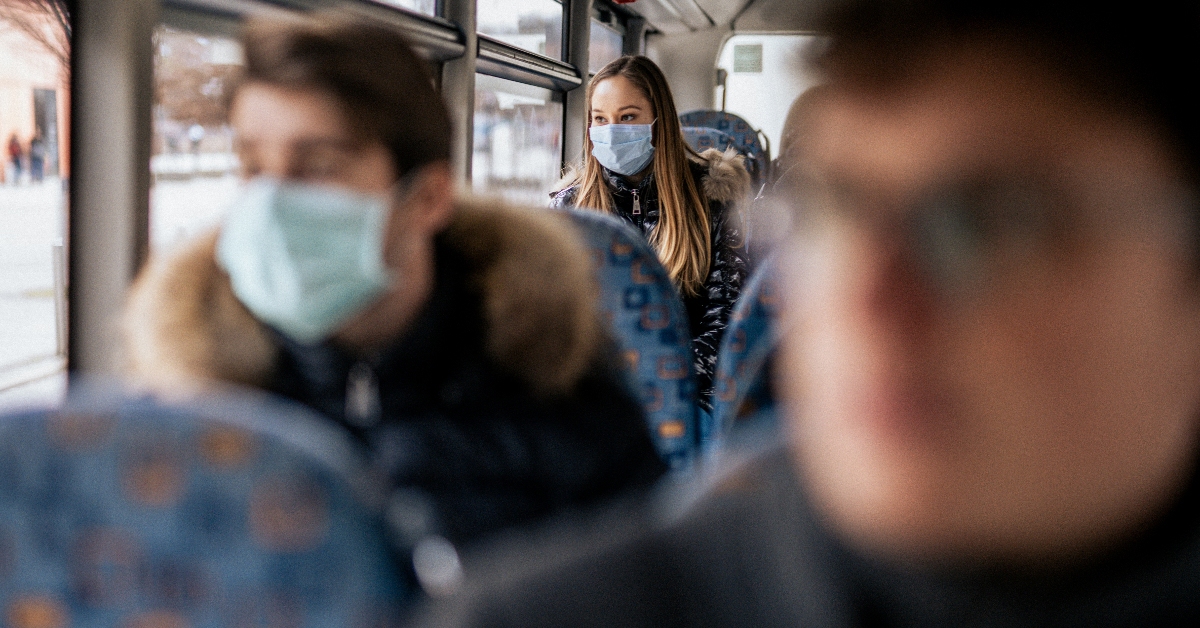Scotland is experiencing another wave of Covid-19 infections as cases of two Omicron variants increase, a public health expert has said.
Professor Linda Bauld said the Omicron sub-lineages BA.4 and BA.5. are part of the reason for the increase in cases and a “small but not significant” rise in the number of people in hospital.
It comes as Covid-related deaths in Scotland doubled in a week.
However, Professor Bauld said vaccines are working well in the vast majority of people, making a difference between the risk from infection and the risk of severe disease.
Latest data from the Office for National Statistics (ONS) showed that around one in 40 people in Scotland had Covid-19 in the week ending June 2, up from one in 50 the previous week.
The European Centre for Disease Prevention and Control reclassified Omicron sub-lineages BA.4 and BA.5 from variants of interest to variants of concern in May.
Professor Bauld, an expert in public health at the University of Edinburgh, told BBC Radio Scotland’s Good Morning Scotland programme: “I think it’s pretty clear to me from some of the data we’ve seen that we are certainly in another wave of infection, if not already it will be soon and that certainly seems to be the case in a number of countries, and that is not a big surprise because we did anticipate we would have a rising level of infections every three or four months potentially, that’s what international colleagues have said.”
The JCVI is recommending care home residents and staff, frontline care workers, those aged 65 and over and adults aged between 16 and 64 who are clinically vulnerable should be given another dose of Covid-19 vaccine in the autumn.
On Tuesday, Prof Bauld warned of the need to keep up the vaccination programme and recognise it is the key component of the country’s response.
Prof Bauld said people can play a key role in keeping infections low by continuing to wear a face covering in crowded spaces and coming forward to get their vaccination if they have not done so already.
This week, the Scottish Covid Inquiry published a host of research papers it had commissioned looking into the Government’s response and how the pandemic affected the country.
Findings included that the Scottish Government was “ill-prepared” and that “discrimination” against care homes contributed to deaths.
The research questioned the “legal basis” on the “severe restrictions” imposed on care homes during the pandemic, such as banning any visitation from loved ones, and residents being unable to leave.
Another paper commissioned by the inquiry found that the health and wellbeing of children in Scotland is “amongst some of the lowest in Europe“.
The report, produced by The University of Edinburgh, looked into the delivery of education and certification during the pandemic, and the impact this played on children and young people.
Research from the inquiry found that the impact of Covid contributed to mental health difficulties, which has in turn exacerbated “increasing trends in poor physical health” and has produced a “setback for children in Scotland”.
Follow STV News on WhatsApp
Scan the QR code on your mobile device for all the latest news from around the country


 iStock
iStock
























